
Let’s recap Becoming A Commercial Makeup Artist - Part One:
- Commercial makeup artistry can be lucrative
- You need to buy your domain name
- You need to have an online portfolio
If you’re still reading this blog, I assume you’re serious about getting into or furthering your career as a commercial makeup artist.

I'm going to presume you already have or just bought your domain name and you’ve put up at least a few photos on that site. Please make sure your phone number is on the home page (or on each page)! People are lazy and don’t like to hunt.
I know a few of you aren’t confident in your photos, so let’s talk about images that will advertise your work.
Portfolio
Every image in your book must be professional in every aspect. Your image is as good as the weakest team player on that shoot, so you need to look at each image as the following people would.

- Photographer - The photographer is looking at the image from a photographer's point of view. This includes analyzing lighting, composition etc. The photographer is looking at the whole image and not usually looking at just the makeup, just the hair, or just the styling.
- Model - The model is looking at the image to see how he or she looks. "Does my skin look flawless," or "is my pose flattering?" And ultimately "does my expression nail the overall feel we were going for?"
- The Hair Stylist – "Does the hair work in this image? Does the hair flatter this model, and did I catch all the fly-always?"
- Wardrobe Stylist - Generally stylists are called "wardrobe stylists" on commercial shoots instead of "fashion stylists." The wardrobe stylist is looking at the clothing; "Does it look good in the shot? Does it fit the mood of the image? Is the clothing wrinkle free, and is it sitting on the model correctly? Are the shoes appropriate for the wardrobe, and is the jewelry too much, too little?"
- Potential client – is looking at all the above, as well as "does this image convince our demographic to buy what we’re selling? Does this image show our product or services in a good light?"
I know you’re thinking "it’s not fair that the client is judging me by the shoes in the image. After all, I’m just responsible for the makeup!" Unfortunately, you are being judged on the entire image.

The client wants an artist that has worked with good teams. It shows them you have experience and good judgement and that good professionals want to work with you. Any aspect of the image that’s weak will turn them off on the entire image.
A quick analogy: You go out to dinner, the scallops are to die for, best you’ve ever had, but they sit on cold tasteless rice and wilted overcooked vegetables on the side, the bread looks soggy and old… You’re not going back to that restaurant because the sides ruined your dining experience, and you quickly forget the scallops are tasty because the meal was just bad.

You don’t care that there were 2 chefs and the one that prepared the scallops was the good one. Why would he or she even cook alongside such a bad chef and why would he work in an establishment that would present food like that? Must be something wrong with him. Maybe he just got lucky on this one scallop dish, yea, that must be it.
If you are thinking to yourself "I need to start over with my portfolio" you’re also contemplating how much of your time has already been spent on it. "How do I get these great teams to work with me?" That’s another blog entirely, but you can’t move on until you have at least 6 very professional all-around great images.

So now go look at your portfolio. Take any images down that do not meet the criteria above. We can’t move on until that painful task is completed.
Telling you how to bring the clients in won’t help you if your portfolio isn’t great. You can’t skip this step and move on. Charm alone won’t get you work in the commercial industry.
Email a few of your industry friends, those who have made it where you want to be one day. If you don’t know any people like this, reach out to strangers (that have made it in the industry). You have nothing to lose. Being ignored isn’t going to kill you.
It’s like sales; someone will respond if you’re persistent. Ask these people whose work you respect to critique your portfolio, and listen to the feedback closely. If you don’t have the guts to reach out like this, stop reading now. You will probably never make it as a commercial artist.

If you’re still with me, I’ll wait for you right here…
I’ll post Part 3 soon! Please sign up for my blog below.




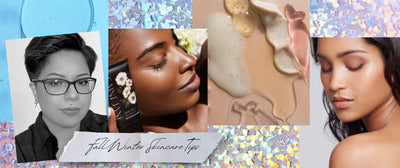
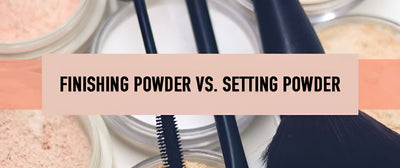
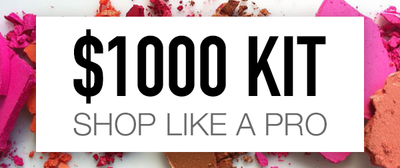
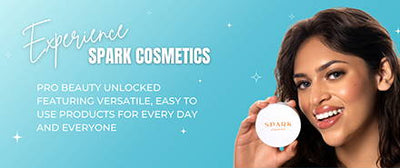
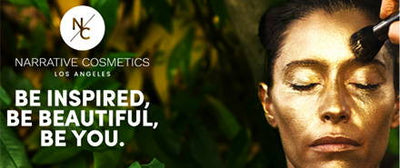




Thank you for this thorough information. I look forward to reading more.
Leave a comment